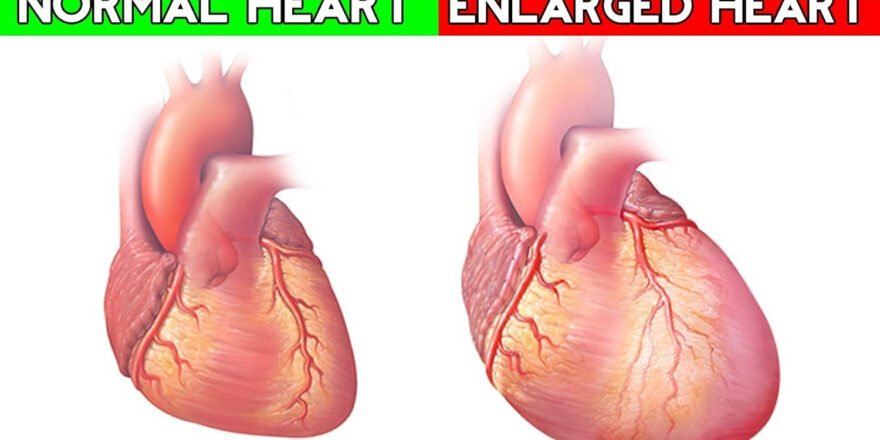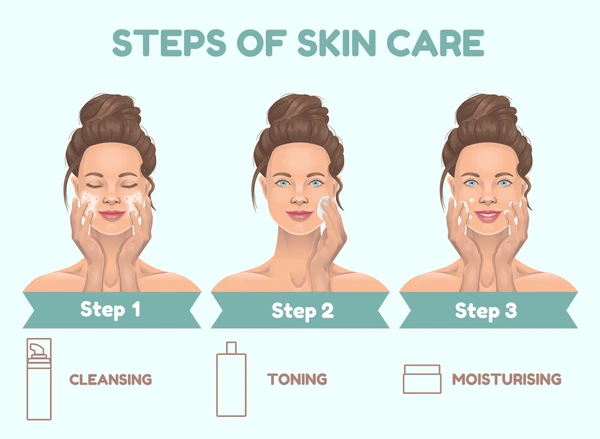How Smoking Affects Your Lungs
According to the World Health Organization (WHO), India accounts for 12% of the world’s smokers, with over 1 million people succumbing to tobacco-related issues annually, contributing to 9.5% of all deaths. The impact of cigarettes has evolved from a status symbol to a hazardous health concern, leading to severe consequences such as cancer and cardiovascular diseases. Presently, tobacco stands as the fifth major risk factor contributing to the highest number of deaths and disabilities in India, as reported in 2017.
So what happens to your lungs when you smoke?
Every breath we take allows our lungs to purify our bodies, but when we inhale cigarette smoke, we subject the entire respiratory tract to harmful effects. The smoke adheres to the respiratory path, diminishing oxygen absorption and elevating the risk of chronic, non-reversible lung conditions such as emphysema (air sac destruction), chronic bronchitis (persistent inflammation of breathing tube lining), chronic obstructive pulmonary disease (COPD), and lung cancer.
Additionally, smoking leads to inflammation and irritation of the lungs, causing throat irritation and coughing. It damages lung nerve endings, reducing oxygen flow to other body parts. Cilia, the hair-like lining inside the lungs responsible for cleanliness, experience decreased movement after just one cigarette, with a further reduction for regular smokers.
Smoking alters mucus-secreting cells, leading to an unhealthy increase in mucus production. Furthermore, it accelerates lung aging and compromises natural defense mechanisms, making the lungs more susceptible to infections.
Common myths
Health issues are not exclusive to regular smokers; even smoking a single cigarette harms your body. The signs become more evident with consistent exposure to smoke. The intensity of damage escalates with the quantity and duration of smoking. In essence, quitting smoking altogether is the key to reducing health risks.
I can quit whenever I want and my health will bounce back.
Yes, quitting can be a decision a person can take at any stage of their life but the reversal of the damage already caused by past smoking can take years, if at all.
For a light smoker, the signs of damage may start fading out after a year of quitting but for a heavy smoker, the impacts can be either irreversible or take years for their body to fully recover.
To conclude, while most people are generally aware that smoking is not healthy, knowledge about the extent of health risks is still poor. Besides lung and cardiovascular problems smoking also leads to other health risks like cervical cancer, osteoporosis, early menopause, miscarriage, ectopic pregnancy, infertility, cataracts, periodontitis, hip fractures, peptic ulcers, low bone density, mood stimulation, anxiety, depression, unhealthy teeth, poor vision, wrinkly skin, diabetes complications and blood clotting to name a few.
Do you think this list is good enough to make you quit? Think Smart!!!




